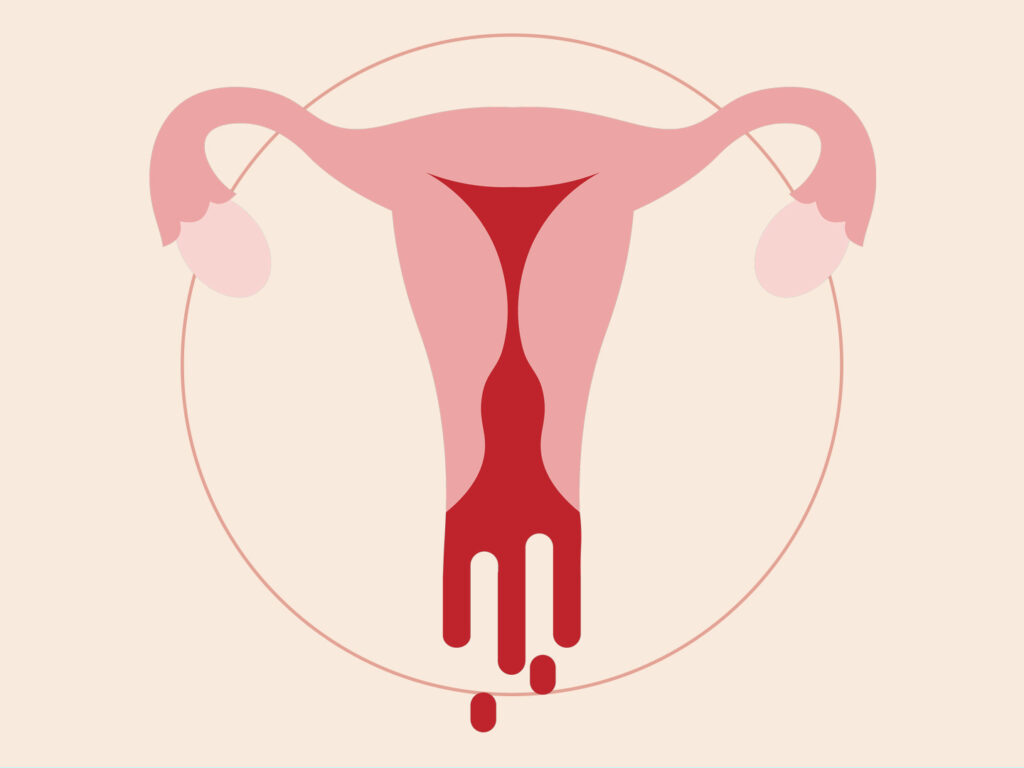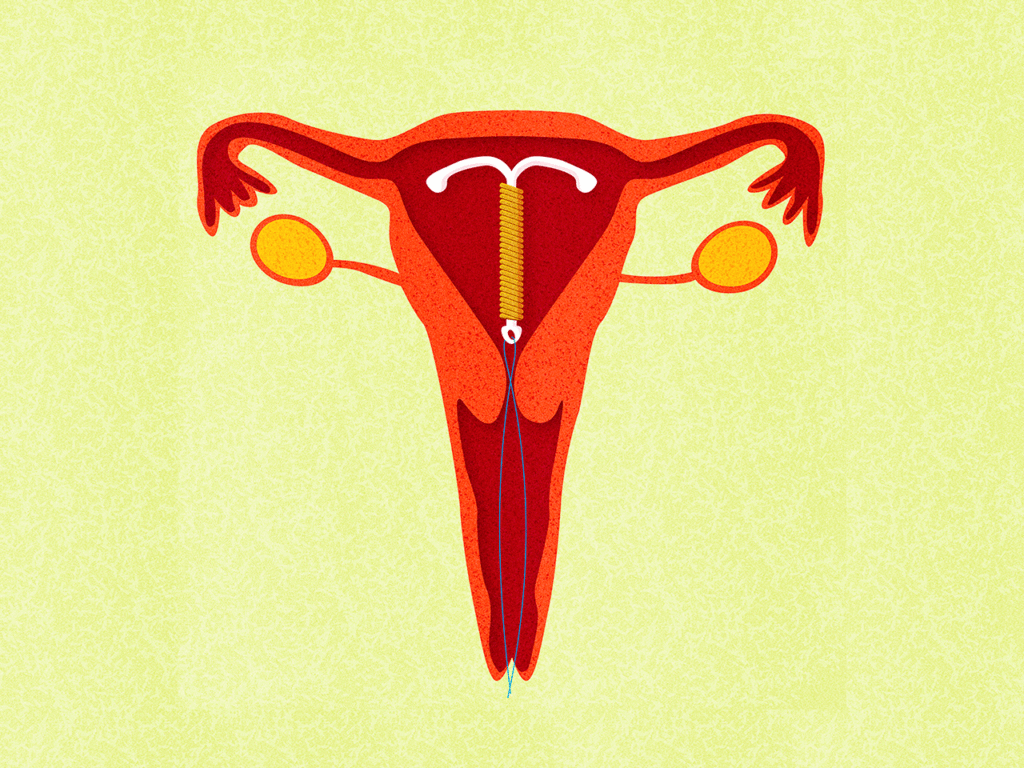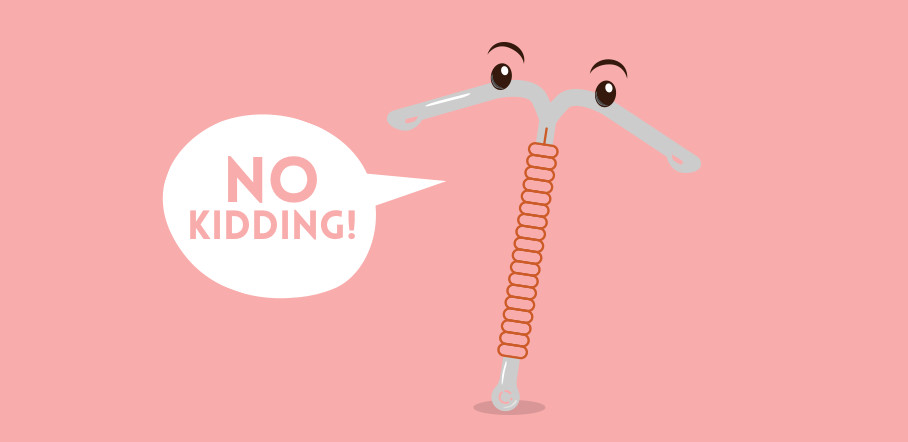Are You a Menstruator With Heavy Periods? This Is For You!
For millions of people across the globe, menstruation is a common and normal monthly phenomenon and a vital part of their reproductive health. However, for some menstruators, this seemingly routine occurrence can turn out to be extremely distressing and troublesome. Menorrhagia or heavy menstrual bleeding affects a significant number of people and can have a profound impact on their physical, emotional, and social well-being. Beyond the typical discomfort and inconvenience of menstruation, menorrhagia causes additional problems. It entails unusually excessive or protracted monthly flow, which is frequently accompanied by excruciating cramps, exhaustion, and anaemia. While excessive monthly bleeding is not unusual, it might be concerning when it negatively impacts someone’s quality of life or poses serious health risks.

Signs and Symptoms of Menorrhagia
Signs and symptoms of menorrhagia may include:
- Soaking through one or more sanitary pads or tampons every hour for several consecutive hours
- Needing to use double up on sanitary products to control your menstrual flow
- Having to wake up to change sanitary protection during the night
- Bleeding for longer than a week
- Passing blood clots larger than a quarter
- Avoiding or restricting daily activities due to heavy menstrual flow
Anaemia symptoms, such as tiredness, fatigue or shortness of breath
Potential Causes
There can be several underlying causes behind menorrhagia. Some common ones are:
- Hormonal Imbalance
- Uterine Fibroids
- Dysfunction of the Ovaries
- Polyps
- Certain Medications
- Cancer
- Adenomyosis
- Sexually Transmitted Infections (STIs)

Treatment Options
If left untreated, heavy periods can lead to several complications such as severe blood loss, anaemia, iron deficiency, pale skin, weakness, fatigue, and painful cramps. A medical professional must always be consulted if your periods are disrupting your daily life. There are many different treatment options available for menorrhagia.
- Medications such as nonsteroidal anti-inflammatory drugs (NSAIDs) and tranexamic acid can help reduce excessive menstrual bleeding and relieve pain associated with menorrhagia.
- Minimally invasive procedures such as endometrial ablation and uterine artery embolization (UAE) may be used. The former involves removing or destroying the lining of the uterus to reduce menstrual bleeding while the latter restricts the blood flow from fibroids and tumours.
- Hormonal contraceptives such as birth control pills, patches, hormonal intrauterine devices (IUDs), or contraceptive injections can help regulate the menstrual cycle, reduce blood flow, and manage symptoms. We will be further delving into the role of hormonal IUDs as a potential treatment for menorrhagia.
- Hysterectomy or the removal of the uterus is considered a last resort when other treatments fail or are not suitable.
Exploring the IUD
Besides being effective as a method of contraception, Intrauterine Devices or IUDs can also help in reducing the flow of blood during menstruation.
What are IUDs?
IUDs are T-shaped devices that can be placed in the uterus. They are used as a method of contraception as they block the sperm from fertilising the eggs. The efficacy of IUDs is 99% if used correctly. Besides this, hormonal IUDs are used to control the flow of blood during menstruation. In the latter case, the IUD regularly releases small amounts of progestin, the hormone that is used in many contraceptive pills, which also helps in making the periods lighter. The best part about IUDs is that they don’t have any severe side effects. Also, they are reversible procedures, unlike hysterectomy.
What about pregnancy and sex?
IUDs are more than 99% effective against preventing unwanted pregnancies. However, they do not provide protection against the transfer of Sexually Transmitted Infections (STIs). Thus, it is best to use a barrier method such as condoms as well. Moreover, the advantage of IUDs is that fertility is restored as soon as the IUD has been removed.

How does having sex with an IUD inserted like?
Having sex isn’t any different after one gets an IUD inserted. Neither of the partners can feel its presence while having sex. But if this is not the case, consult your gynaec and don’t have sex unless there has been a check on whether the IUD is in place or not.
What are the risks associated with hormonal IUDs?
IUDs cause irregular periods in the first few months after insertion. Symptoms of PMS (acne breast tenderness, headaches, mood swings, and nausea) can be witnessed. In rare cases, there could be a dislocation of the device. Also, in the first 3 weeks after insertion, there is a risk of bacterial infection. IUDs can also cause cysts which will most probably disappear by themselves.
How is the procedure performed?
The device is inserted into the uterus. The procedure can be a bit painful and local anesthesia may be administered in the cervical area. An IUD is ideally to be inserted while one is menstruating since it is most probable that they are not pregnant then. Also, insertion is easier during that time of the month since the cervix is open. It is recommended that one stays in bed (and uses a heating pad) for a day after undergoing the procedure, though not mandatory. For a few days, there could be cramps- those that resemble period cramps.

Do I have to bother about the IUD after it has been inserted?
Hormonal IUDs, if placed while menstruating, start functioning immediately. If not, they typically take 5-7 days. The IUD cannot travel to other parts of your body when inserted by a trained gynaec. But in case you feel any kind of discomfort, visit the doctor at the earliest. If there are no symptoms of pain or strange bleeding in the first 2 months of insertion, there shall ideally be no complications further. In some cases, the IUD might come out by accident. So, it is important to learn from the medical practitioner about how to check if it is in place. Also, it is easy to remove IUDs whenever you wish to. So, no worries!
What are Copper IUDs? Are they the same as hormonal IUDs?
Copper IUDs are different from hormonal IUDs. They don’t contain hormones and are only helpful in avoiding pregnancies. Also, they don’t protect one from Sexually Transmitted Diseases (STDs). Initially, Copper IUDs can cause an increase in flow during periods. They can be used as emergency contraception as well- need to be inserted within 5 days after the intercourse.
Conclusion
Menorrhagia is not something that menstruators must suffer in silence with or should be brushed off as a minor annoyance. Every individual should have access to the knowledge, assistance, and care required to manage heavy bleeding by recognising the significance of menstrual health and raising awareness of this issue. While menorrhagia can be disruptive and burdensome, seeking timely medical attention for it can help diagnose any underlying conditions, alleviate symptoms, and improve overall well-being. Remember, it is always crucial to consult your gynaecologist before you decide to take any step to control your monthly flow.
Sources:
https://www.plannedparenthood.org/learn/birth-control/iud
https://www.webmd.com/sex/birth-control/iud-intrauterine-device
https://www.healthline.com/health/birth-control-iud
https://www.mayoclinic.org/tests-procedures/mirena/about/pac-20391354
https://kidshealth.org/en/teens/contraception-iud.html
Graphic design by: Vaibhavi
Author

